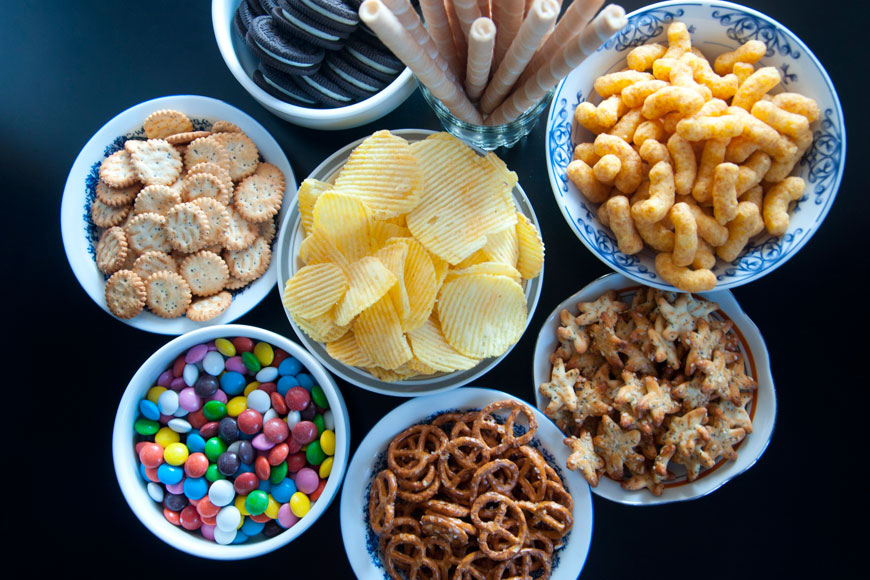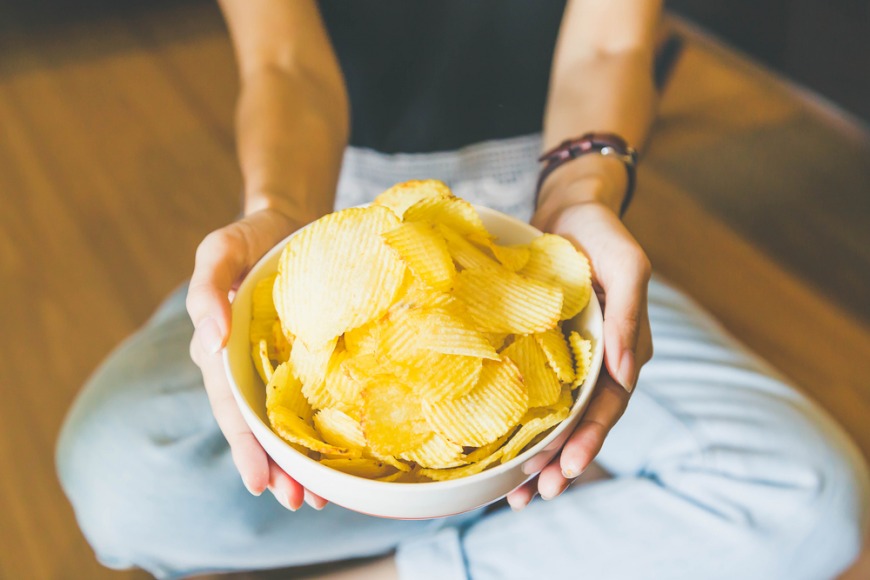As Ultra-Processed Foods are Linked to Early Deaths, Here are 7 to be Wary of
Not every food that’s convenient is bad for you though
22 December 2020

All Credits: PA
We’ve all heard it before: what we eat has a big impact on our health, and we should limit the amount of processed foods we consume.
In fact, two new studies published in journal The BMJ have found a link between what we classify as ‘ultra-processed’ foods and an increased risk of cardiovascular disease and death.
The first, carried out by scientists in France and Brazil, reported a 10% increase in the amount of highly processed food in the diet was linked with a 12% increased risk of cardiovascular disease, 13% increase of coronary heart disease and 11% of cerebrovascular diseases.
SEE ALSO: How to Cut Down on Soft Drinks
The other study, by researchers in Spain, found that eating more than four servings of ultra-processed food per day was linked with a 62% increase in death from any cause, compared to those who ate two servings or less.
‘Ultra-processed’ foods are the ones to be weary of – these have been manufactured through multiple industrial processes (like moulding and milling) and are often ready-to-eat or heat.
High amounts of salt, sugar and fat are often added to ultra-processed foods to add flavour, make them last longer, or contribute to the food’s structure. Eating these foods can lead to people unwittingly eating more than the recommended amounts of salt, sugar and fat per day.
Here are a few highly-processed foods that we should probably try and avoid or cut down on…















